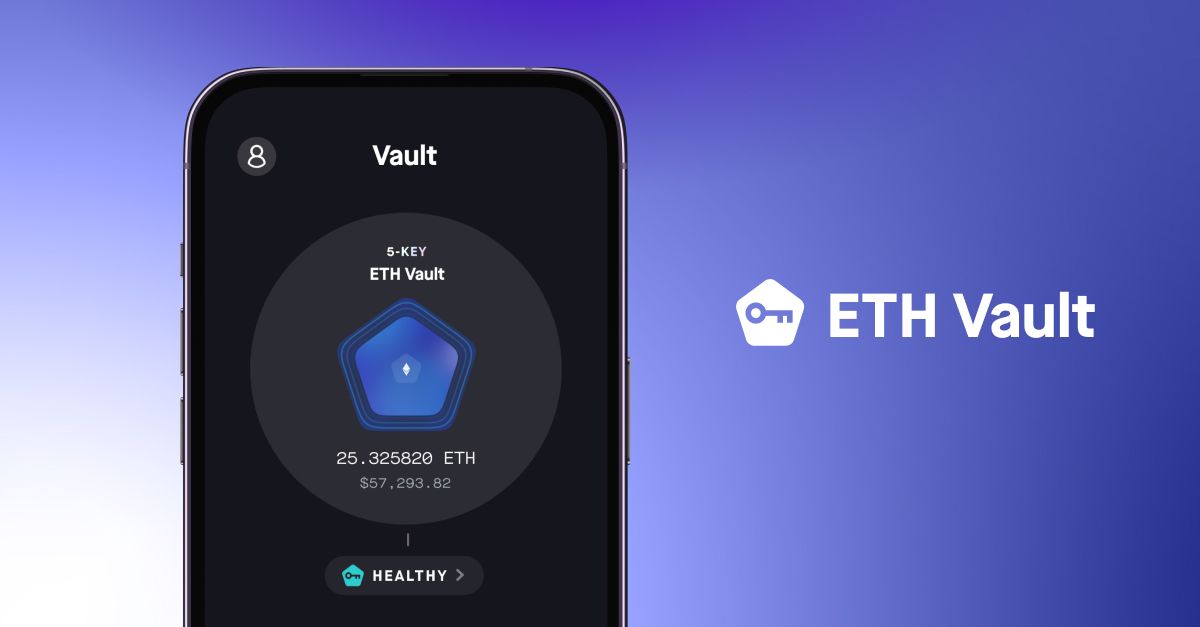What is ethereum? Key terms explained
What is ethereum? Ethereum is a decentralized computer used for designing and executing smart contracts. It has its own blockchain, cryptocurrency (ether/ETH), and smart contract framework.
Okay, that’s a lot to take in. Don’t worry. We’re going to discuss each element one-by-one, so you have a basic understanding of all the moving parts.
What’s a decentralized computer?
Let’s start with the very basics. Computers are mathematical machines that receive inputs and generate outputs. A calculator is a basic computer. Enter “2+2” and it will tell you “4.”
Most computers today are centralized, meaning they are housed in one location. Computers rely on microprocessors and tangible materials like silicon. Even today, when you perform computation on the internet, you receive data from a server or a group of servers known as the cloud.
Ethereum was conceived as a way of taking computing power and spreading it around the world. Nodes in its network maintain a virtual machine, a computer on top of a computer. This open-ended nature has led many to deem it a “world computer.”
What is a smart contract?
Contracts are a set of rules that govern a transaction between multiple parties. Up to now, contracts have been written on paper, and they generally rely on some other party to enforce them, such as the participants, court, or government. But what if contracts could enforce themselves?
Smart contracts are a complex form of script through which conditions are set for an ethereum transaction. A contract can contain a simple if/then rule or a massive set of a million rules expressing the circumstances under which you spend funds and various contingencies.
Together, smart contracts represent the open-ended nature of ethereum. Theoretically, there are no limits to the computation you can perform with ethereum, a feature known as Turing completeness, so long as you can cover the costs. Learn more about the inner workings of smart contracts below.

What is ether (ETH)?
Ether (ETH) is the technical name for ethereum’s native currency. It is divisible by a quintillion — imagine a 1 with 18 zeros — and the smallest denomination is known as a wei.
What is gas?
Gas is the cost of computation on the ethereum network. Similar to how bitcoin charges bitcoin-denominated fees for every transaction, you need to own ETH to pay for gas.
Imagine you had a computer that could perform any possible calculation, but it had a coin slot like a vending machine where it charged you for each simple query.
The cost of gas tends to fluctuate, and it is usually represented in gwei, one billionth of one ETH. It’s best to ensure you have enough ETH to cover your gas regardless of whether you’re trying to take self-custody of your ETH, mint an NFT, or launch a decentralized app. Computation is computation. If you plan on exploring ETH as a utility token, keep a close eye on the gas price.
What is proof of stake?
Consensus represents the mechanism for arriving at a shared truth, and it is an essential component of cryptocurrencies and the protocols underpinning them. Without consensus, there would be no viable blockchain and no agreement on which transactions should be added to it.
Proof of stake is a consensus algorithm where transactions are validated by people who personally supply their ETH to the process in exchange for rewards.
This feature is one of the ways ethereum is different from bitcoin, which uses proof-of-work mining predicated on competition and energy usage. Ethereum initially began with a proof-of-work algorithm, but the protocol shifted to proof of stake in mid-2022.
What is fee burn?
In the ethereum network, there is a variable supply of ETH that can increase or decrease depending on market conditions. A small amount of new ETH is issued on a regular schedule while ETH is also spent as gas, a process known as “burning.”
If more ETH is spent through computation than it is issued, then the supply could decrease, and the inverse is also possible. If computation demand falls, the total supply could also rise.
This dynamic is called fee burn, and it was introduced as a part of ethereum’s transition to proof of stake.
What is an ethereum private key?
Cryptocurrencies only exist online, so when you own ETH, you really own the ability to spend ETH on the blockchain, which is only possible with a private key.
Private keys are your proof of ownership, also known as a “secret.” You use them to sign transactions and verify ownership, and they need to be kept secure at all times.
When you first buy ETH on an exchange, the exchange holds the key. It isn’t until you take the active step of withdrawing your ETH onto your own keys that you actually own your assets. This is called self-custody and it's the best way to maintain control of your assets. Casa helps you practice safe self-custody of your ETH using a multi-key vault.
Secure your ETH with peace of mind
With Casa, you can protect ETH (and BTC) with a multi-key vault, the best protection for your digital assets. Schedule a call to learn more about our plans or send us a message here.
Read more


